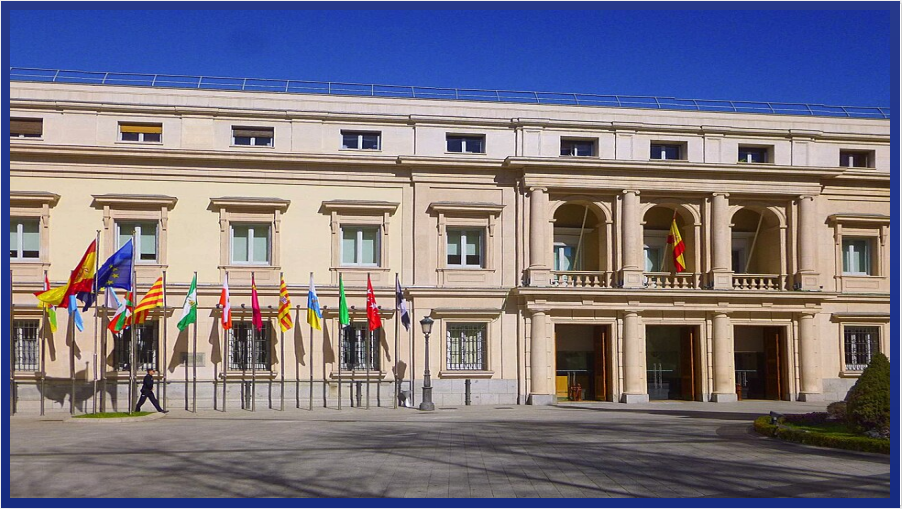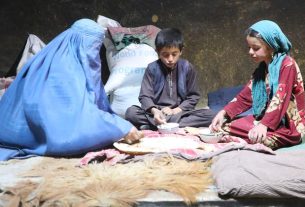Spain is charting a distinct course in its foreign policy by strengthening ties with African nations, even as other Western powers reduce development aid and adopt tougher stances on migration. The strategy reflects both pragmatism and long‑term planning, with Madrid seeking to secure economic partnerships, manage migration flows, and bolster its global influence.
AfroMadrid 2025 and Strategic Outreach
At the AfroMadrid 2025 conference last week, Prime Minister Pedro Sánchez’s government showcased its commitment to Africa through initiatives that include:
- Expanding seasonal migration programs, allowing African workers to fill labor shortages in Spain.
- Opening new embassies across the continent to strengthen diplomatic presence.
- Promoting business and education partnerships, particularly in renewable energy, infrastructure, and youth training.
Officials emphasized that Spain’s approach is designed to be mutually beneficial, addressing Africa’s development needs while also responding to Spain’s demographic challenges, including an aging population.
Spain‑Africa Strategy 2025–2028
The government’s Spain‑Africa Strategy 2025–2028 sets out five pillars: strengthening, growing, connecting, protecting, and living together. It outlines 100 specific actions, from supporting inclusive economic growth and climate resilience to enhancing security cooperation and cultural exchange. The framework aims to position Spain as a gateway between Europe and Africa, with a focus on long‑term stability and shared prosperity.
Contrast With Other Western Nations
Spain’s approach contrasts sharply with countries such as the United States, United Kingdom, France, and Germany, which have recently scaled back aid budgets and tightened migration rules. Analysts say Madrid’s divergence reflects both geographic proximity to Africa and a recognition that migration and security challenges are intertwined with economic opportunity.
Regional and Global Implications
By expanding its footprint in Africa, Spain is seeking to fill a vacuum left by retreating Western partners while also countering the growing influence of China, Russia, and Gulf states on the continent. Spanish officials argue that sustained engagement is essential for Europe’s long‑term security and prosperity.
Summary: Spain is pursuing a proactive Africa strategy through expanded migration programs, new embassies, and development partnerships, setting itself apart from other Western nations that are pulling back. The Spain‑Africa Strategy 2025–2028 underscores Madrid’s ambition to act as a bridge between Europe and Africa, with implications for trade, security, and global influence.
House-of-Senate-Madrid-Spain-Picture-by-Zarateman



